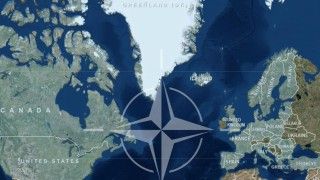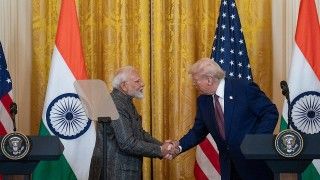- WIADOMOŚCI
- KOMENTARZ
Foreign Weapon Suppliers Cannot Dictate the Conditions
During the last two decades Poland has accustomed foreign suppliers to accept their conditions even if they were extremely unfavourable. The contracts signed by Polish entities with foreign suppliers have often been asymmetric, which has resulted from a colonial approach visible on both sides. In the current situation, when Polish defence orders have substantially grown on the international scale, the MOD should demonstrate more assertiveness and not succumb to political and media influences by foreign suppliers.
The aim of defence procurement is the acquisition of the most useful military equipment and weapon for the national security at a possibly good price and also ensuring the highest share of the country's domestic industry. These are the three priorities which the ordering party should take into consideration. The third criterion for the development of domestic industry is among other things connected with a close association between having the capacity for production, maintenance, repair and modernization of military equipment and the defensive capabilities of the state. It is noticed by all the states all over the world. It is enough here to indicate the specific program announced by the Canadian Government under the name "Canada First" in which defence procurements without a significant participation of the national defence industry are excluded.
In this context, it is interesting to look at the Polish defensive shopping made within the last twenty years. To the criteria mentioned above there have often been added political criteria. In this way, Poland purchased a multi-purpose aircraft counting on an undefined increase of Polish importance in the American politics. Nobody took into account the alternative costs. Facing a comparable quality and price of the products, nobody attempted to calculate how much Polish industry would have gained if a different plane had been chosen, discounting alleged political losses with benefits in the transfer of technology. Additionally, it is often unjustly believed that locating defence orders in particular states is the condition of making and keeping political alliances. These ones, however, are conditioned by a much longer list of factors, on which locating defensive orders is at the tail end.
Considering the realities of the current tenders, it is necessary to firmly define priorities and ignore political and media pressures whose aim is undoubtedly to lower the expectations of the ordering party. The government cannot change tender conditions as foreign armaments concerns dictate. Otherwise, we will come back to the situation from before twenty years ago and we will still let Poland be treated like the colony.
Filip Seredyński
















